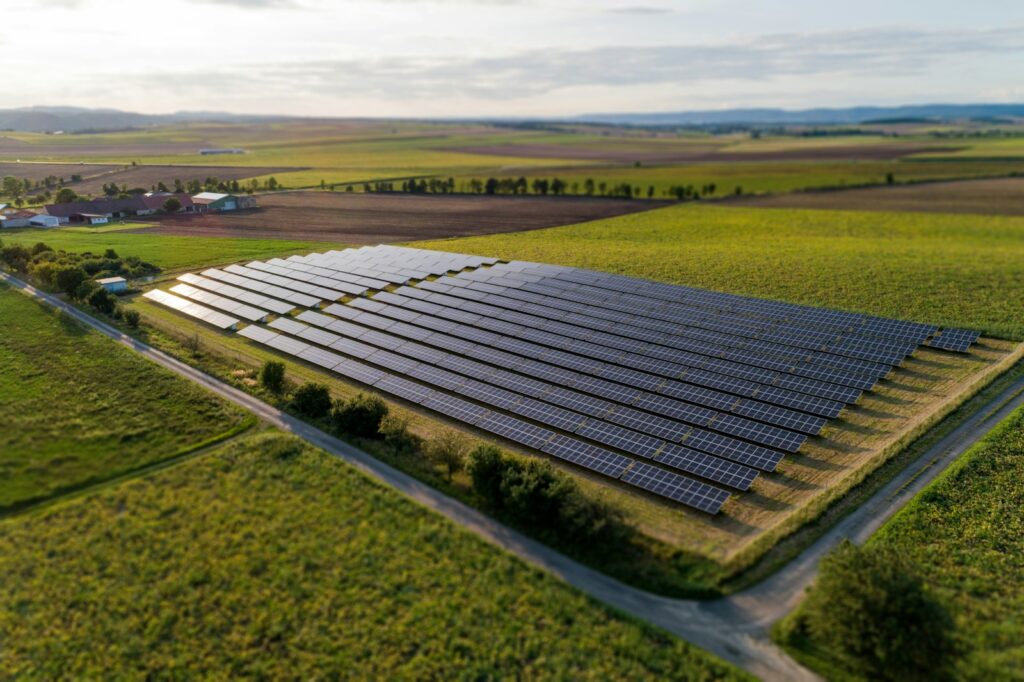The UK government has announced that it will set a new target to end the UK’s net contribution to climate change by 2050.
It will start the process of enshrining this target in law today, tabling legislation to amend the Climate Change Act 2008 which aimed for a net contribution of 80% lower than the 1990 baseline.
The move comes following last month’s report from the Committee for Climate Change (CCC) which urged the UK to adopt the target.
Prime minister Theresa May said: ‘This country led the world in innovation during the Industrial Revolution, and now we must lead the world to a cleaner, greener form of growth.
‘Standing by is not an option. Reaching net zero by 2050 is an ambitious target, but it is crucial that we achieve it to ensure we protect our planet for future generations.’
The legislation will make the UK become the first G7 country to set a target for net zero emissions with other major economies soon expected to follow.
The UK will conduct a further assessment in five years’ time to confirm that other countries are taking similar actions.
Young people will also be given the chance to shape the UK’s future climate policy through the Youth Steering Group, set up by the Department for Culture, Media and Sport.
Led by the British Youth council, the group will advise government on priorities for environmental action and allow young people to offer feedback on the government’s progress.
The CCC’s report, which had been commissioned by the government, stressed that a target of net zero emissions by 2050 is possible provided that the UK’s governments introduce ‘clear, stable and well-designed’ policies to tackle the economy’s most emitting sectors such as transport, agriculture and industry.
Dame Carolyn Fairbairn DBE, Director-General of the Confederation of British Industry, said that UK business ‘stands squarely’ behind the government’s plans but that the legislation must be followed by ‘long-term’ policies to support decarbonisation.
Dame Fairbairn DBE said: ‘Some sectors will need clear pathways to enable investment in low-carbon technologies, and it is vital that there is cross-government coordination on the policies and regulation needed to deliver a clean future.’
The announcement was also welcomed by environmental campaigners, who called it a ‘bold and necessary step forward’ in tackling climate change.
However, the Campaign to Protect Rural England have urged the government to set an even more ambitious net zero target date of 2045.
Tom Fyans, deputy chief executive at CPRE, said: ‘The longer we leave it to take action on climate breakdown, the more difficult and expensive that task will then become.’
The UK has already committed to end the sale of new diesel and petrol cars and vans through its Road to Zero strategy, while low carbon technology and clean energy contribute £44.5bn to the UK’s economy each year.
The UK has bid to host the COP26 climate summit in 2020, the dates and location of which has yet to be announced.
















